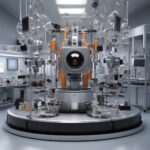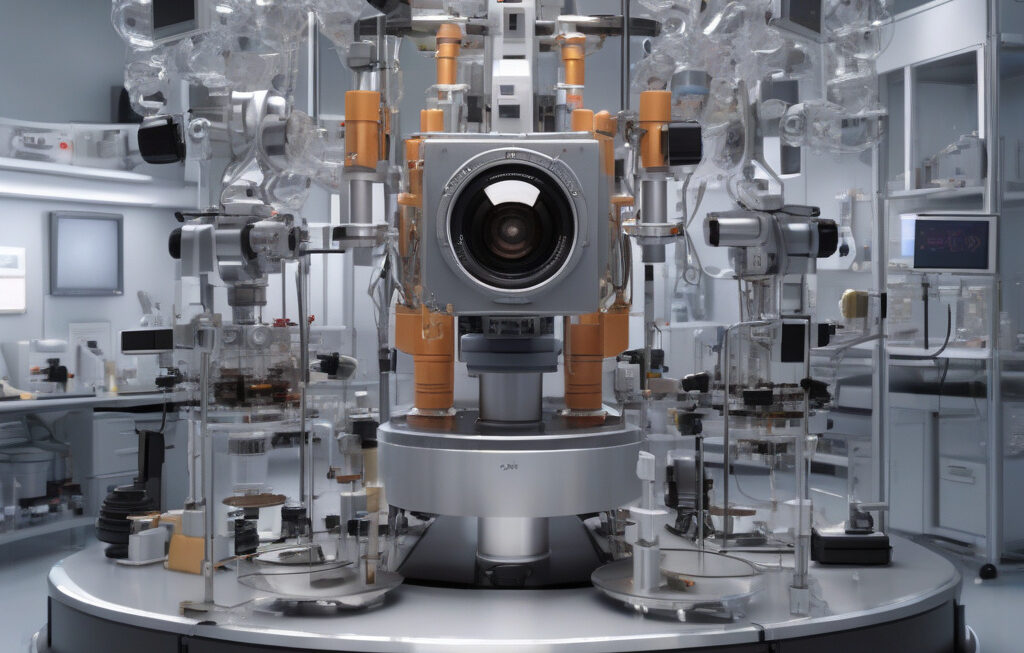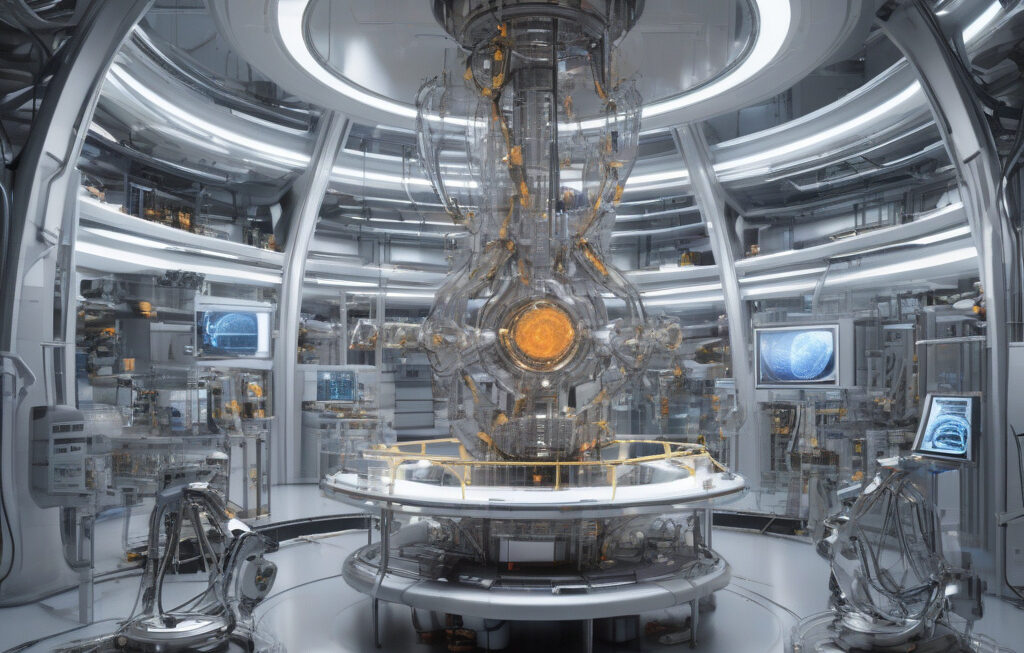Nuclear Fusion Reactor’s Plasma Control: US Firm Teams Up with Google to Use AI on SPARC
US-based nuclear fusion firm Commonwealth Fusion Systems (CFS) has collaborated with Google’s DeepMind division to revolutionize the way plasma is controlled in fusion reactors. This groundbreaking partnership aims to leverage artificial intelligence (AI) to enhance the efficiency and stability of CFS’s SPARC reactor, marking a significant milestone in the quest for sustainable energy solutions.
The fusion process, which powers the sun and stars, holds immense potential as a clean and virtually limitless source of energy. However, replicating this process on Earth in a controlled manner has been a formidable challenge due to the complex nature of plasma, the fourth state of matter that fuels fusion reactions. Effective plasma control is crucial for maintaining the high temperatures and pressures required for fusion to occur.
Traditionally, plasma control in fusion reactors has relied on sophisticated algorithms and human expertise to adjust various parameters in real-time. However, the inherent complexity of plasma behavior makes it a daunting task for conventional control methods. This is where AI, specifically machine learning algorithms, can offer a transformative approach by analyzing vast amounts of data and identifying optimal control strategies with unprecedented speed and accuracy.
By partnering with Google’s DeepMind, known for its cutting-edge AI research and applications, CFS aims to harness the power of machine learning to tackle the challenges of plasma control in fusion reactors. The collaboration will involve training AI models on a wealth of experimental and theoretical data to develop predictive algorithms that can anticipate and mitigate instabilities in the plasma, leading to more efficient and sustained fusion reactions.
One of the key objectives of integrating AI into the SPARC reactor is to achieve greater operational stability and performance, ultimately paving the way for commercial fusion power plants. With AI-enabled plasma control, CFS envisions overcoming the technical barriers that have hindered the progress of fusion energy and accelerating the transition to a carbon-free future.
Moreover, the collaboration between CFS and DeepMind exemplifies the power of cross-disciplinary partnerships in driving innovation and solving complex scientific challenges. By combining expertise in nuclear fusion technology with state-of-the-art AI capabilities, the two companies are poised to redefine the possibilities of clean energy generation.
As the world increasingly prioritizes sustainable energy sources to combat climate change and reduce reliance on fossil fuels, advancements in fusion energy technology hold immense promise. The fusion community eagerly anticipates the outcomes of the CFS-DeepMind collaboration and the potential impact it could have on the future of energy production.
In conclusion, the partnership between Commonwealth Fusion Systems and Google’s DeepMind division represents a significant step forward in the development of nuclear fusion technology. By harnessing the power of AI to enhance plasma control in the SPARC reactor, the collaboration aims to unlock new possibilities for achieving practical fusion energy. As efforts towards sustainable energy intensify, innovations like this are poised to shape the energy landscape of tomorrow.
#NuclearFusion, #AI, #CleanEnergy, #Innovation, #Sustainability












